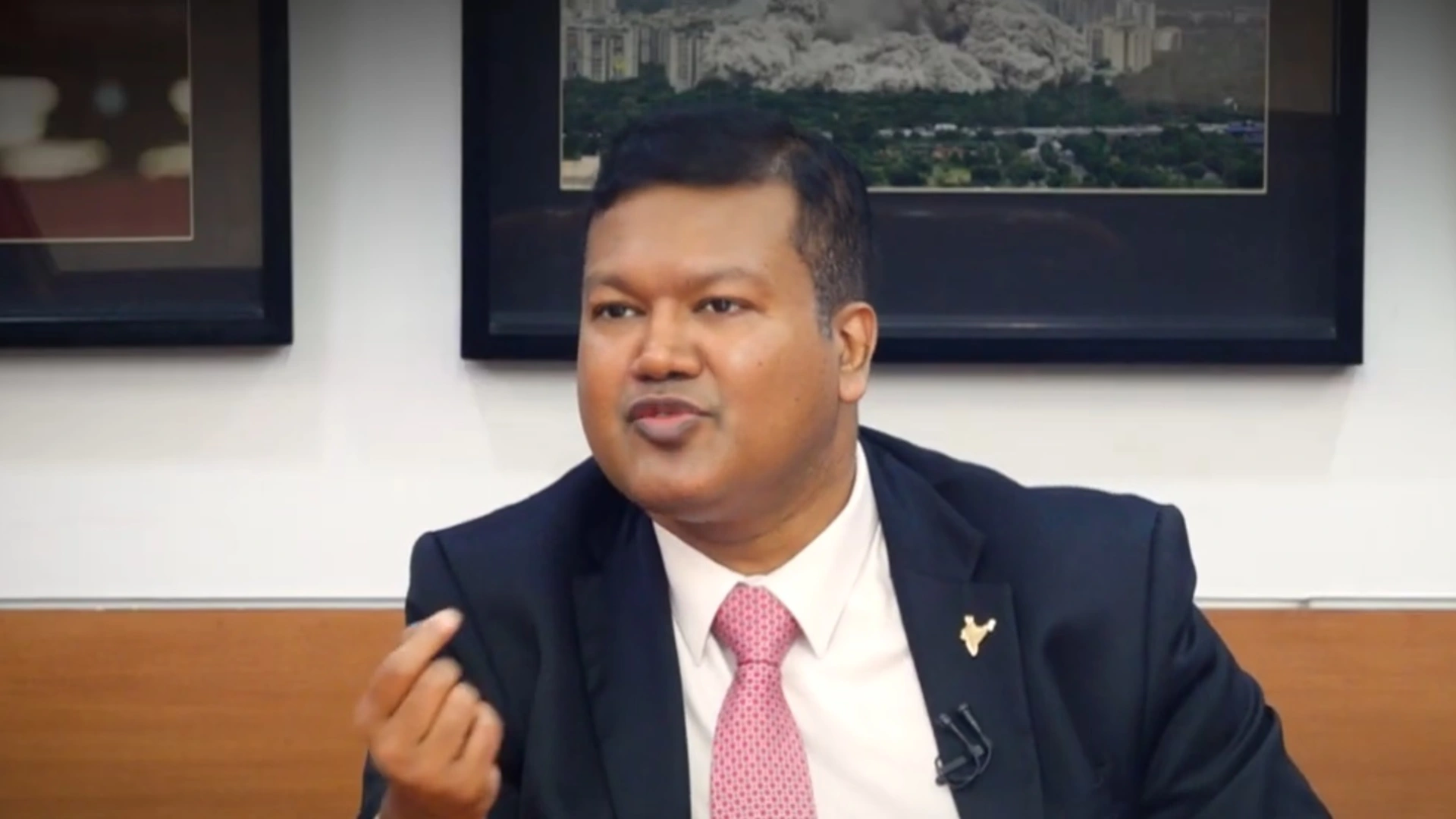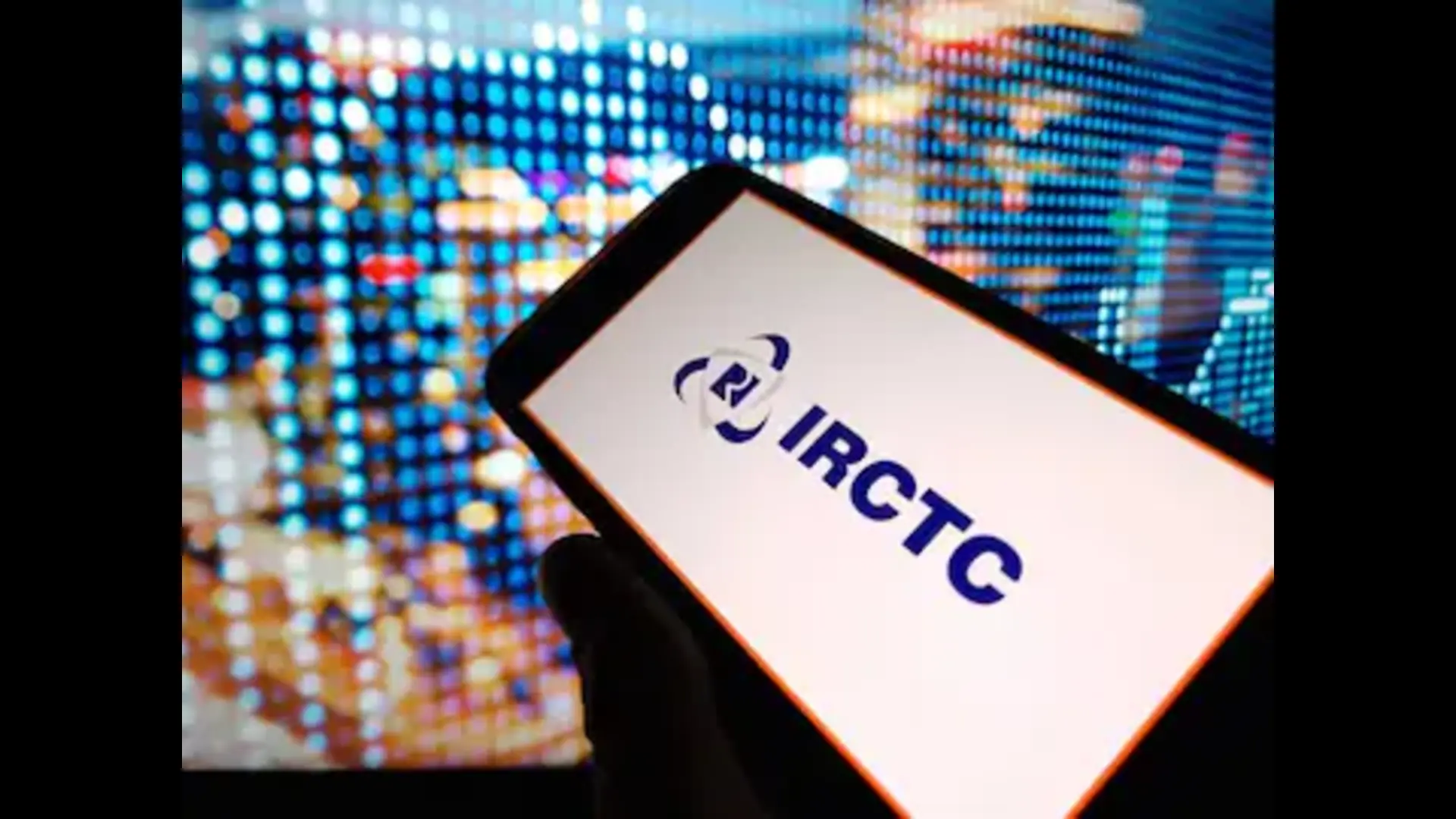Romal Shetty, CEO of Deloitte South Asia, recently highlighted the transformative impact of artificial intelligence (AI) on the global job market. While AI is poised to create numerous new jobs and roles, it is likely to significantly affect repetitive and commoditized tasks. According to Shetty, the rise of AI should not be seen as a threat but as an opportunity for innovation and growth, especially in sectors where new skills and capabilities are required.
One of the major points raised by Shetty is the potential for AI to spur job creation in areas such as air traffic control for drones and research in electric vehicle development, driven by advancements in generative AI. These new roles reflect AI’s capacity to unlock industries that didn’t exist a decade ago. However, roles that are repetitive in nature—tasks that can be easily automated—are at risk of being phased out. This dichotomy between job creation and displacement underscores the importance of human intervention in the age of AI, as humans remain crucial in maximizing the benefits of this technology.
Another critical aspect Shetty discussed was the need for balanced regulation. While regulations are essential for ensuring data privacy and fairness, overly strict policies could stifle the innovation required to fully harness AI’s potential. He stressed that policymakers should focus on fostering a regulatory environment that encourages growth while protecting against potential misuses of AI technology.
Despite concerns about job losses, AI is expected to boost job creation significantly. A recent report by Deloitte and Nasscom projects that by 2027, the demand for AI professionals will more than double, rising from 600,000 to 1.25 million. This surge in demand reflects growing interest among professionals, with a 50% increase in AI and machine learning course enrollments over the past year. These trends suggest that, while some jobs may be lost due to automation, there will be a substantial increase in roles requiring AI expertise.
Also read: IMD Issues Red Alert: Mumbai Braces for Torrential Rain
Shetty’s comments come amid a broader conversation about AI’s role in reshaping the workforce, which has gained increasing attention globally. As AI technologies continue to advance, businesses and governments must find ways to adapt, ensuring that workers are equipped with the necessary skills to thrive in this evolving landscape. With AI-driven changes already evident in sectors like customer service, where chatbots are increasingly replacing human roles, the future of work is rapidly shifting.
The message from Shetty is clear: AI will bring profound changes to industries, but rather than fearing its impact, embracing the opportunities it presents could lead to unprecedented innovation and job creation. Still, careful planning and regulation are needed to ensure that the workforce transitions smoothly into this new era.























